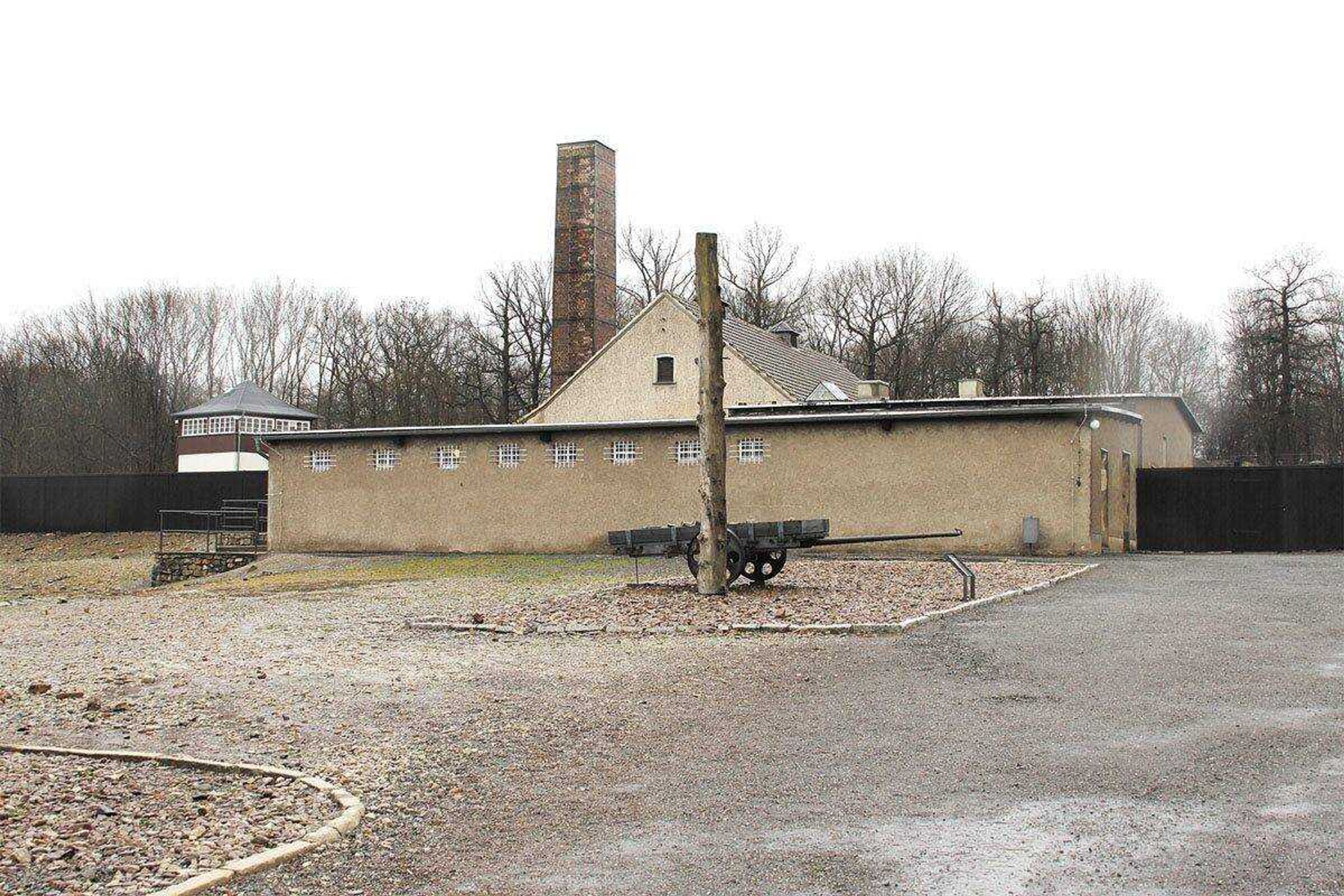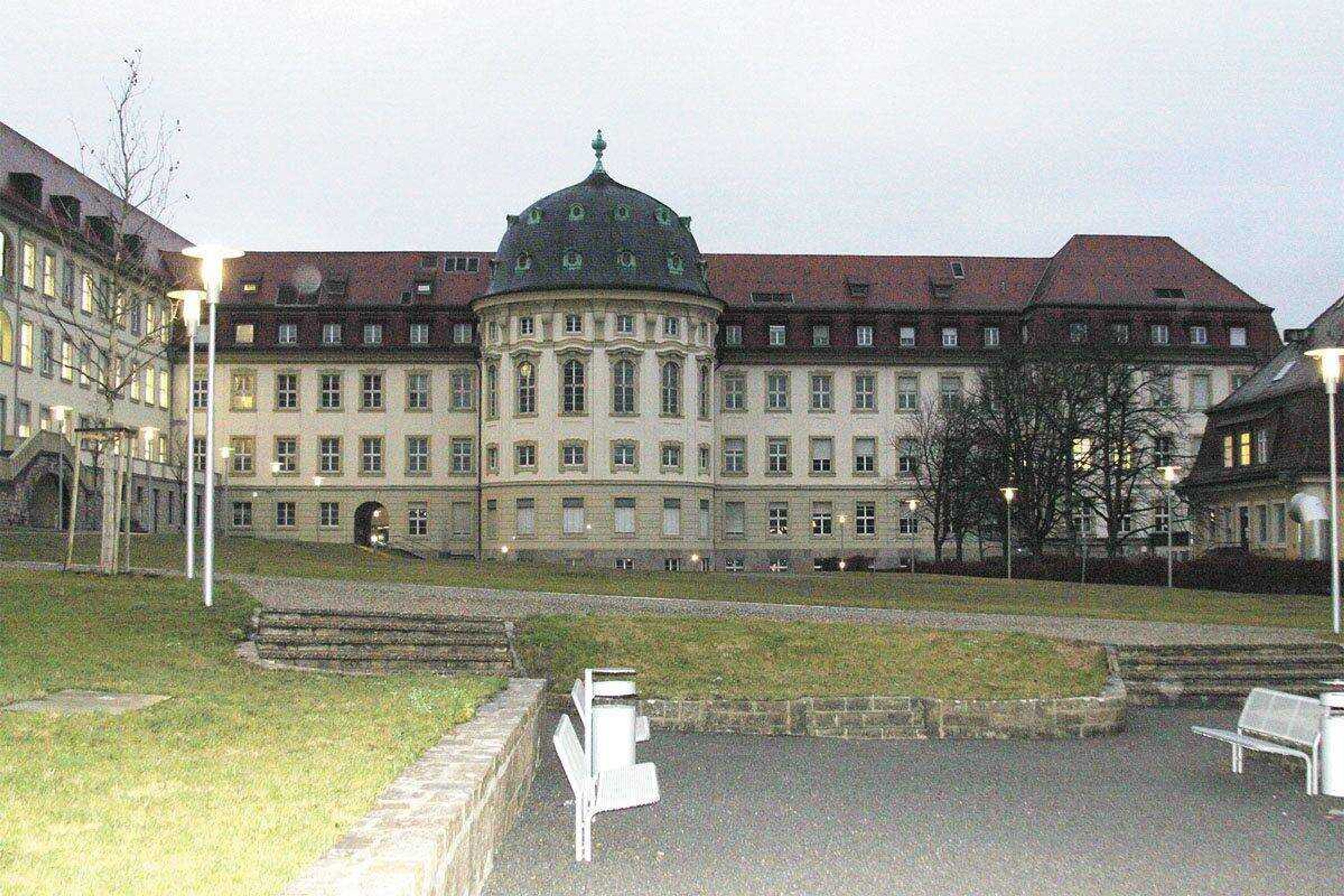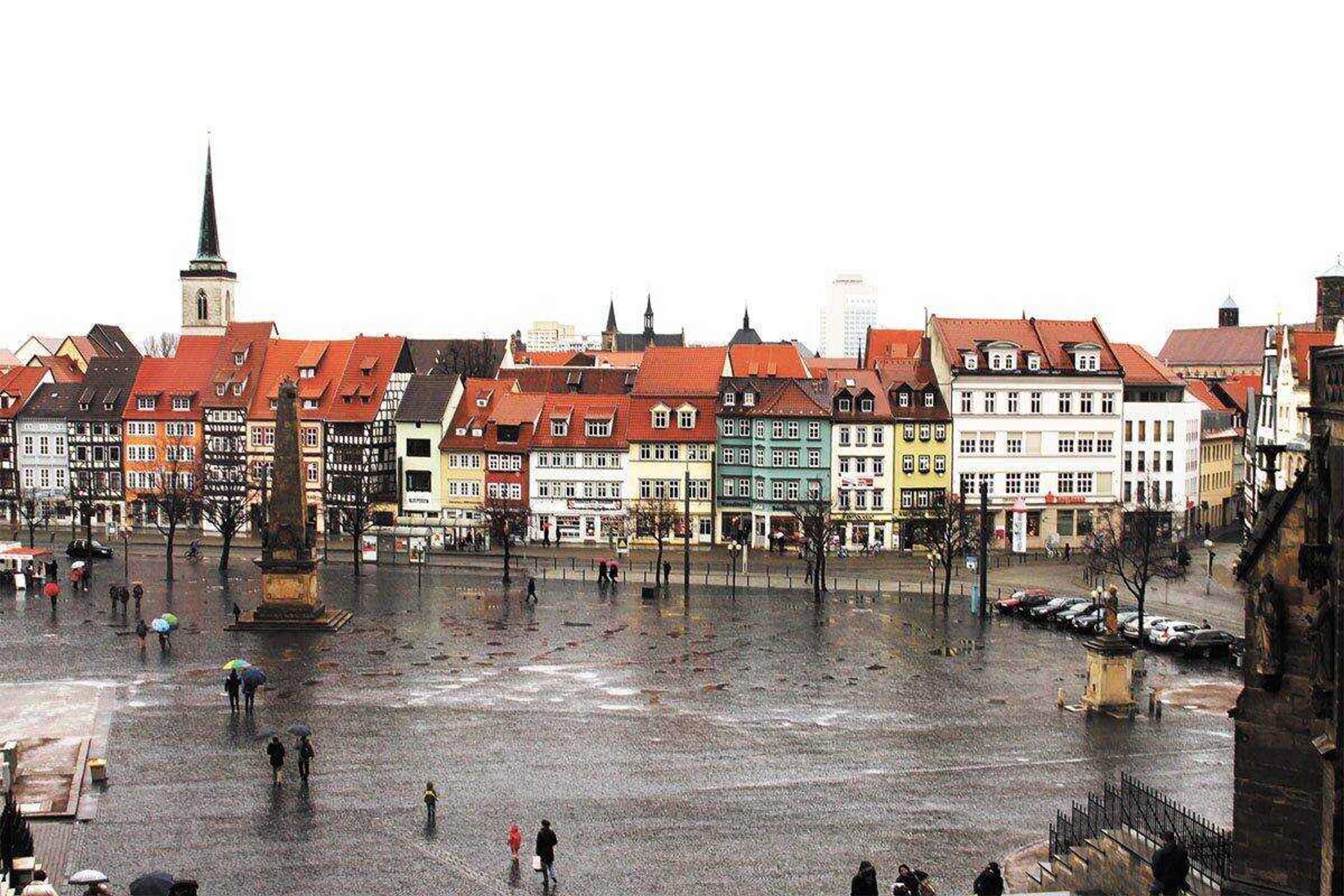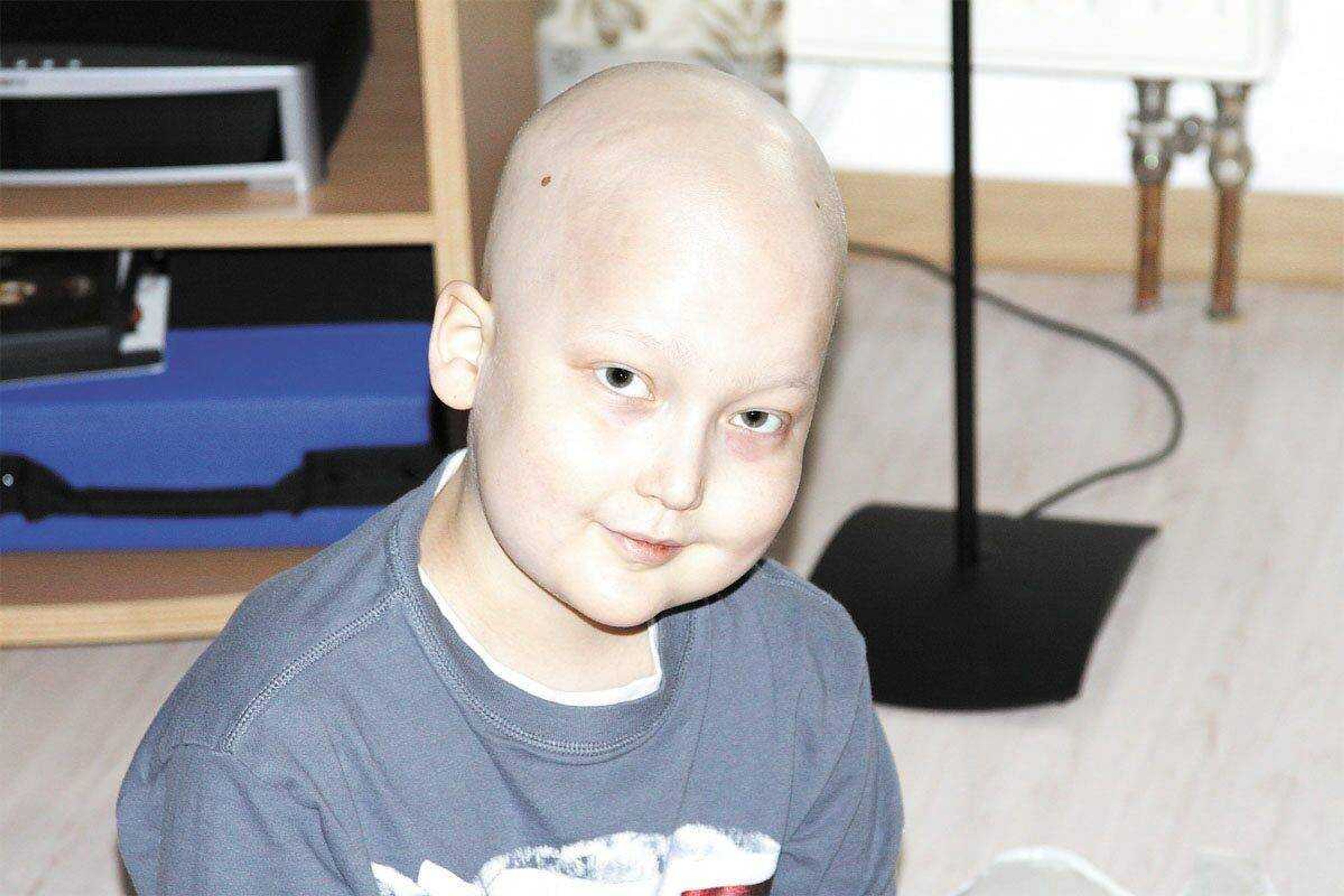Eye-opener: Brother's battle with leukemia makes for somber visit with family
Flight 704 to Frankfurt, Germany is now boarding. The red words flashed across the screen in the Charlotte, N.C., airport. As I boarded the plane I tried to ignore the migraine that was starting to pound behind my eyes. Anxiety began to rise in my throat as I settled into the small seat that I would occupy for the next nine hours...
Flight 704 to Frankfurt, Germany is now boarding.
The red words flashed across the screen in the Charlotte, N.C., airport. As I boarded the plane I tried to ignore the migraine that was starting to pound behind my eyes. Anxiety began to rise in my throat as I settled into the small seat that I would occupy for the next nine hours.
Flying never has scared me, nor has traveling, but this trip was different because of what was waiting for me on the other side of the world -- a brother with leukemia.
My 8-year-old brother, Lane Mang, was diagnosed with T-ALL, or T-cell acute lymphoblastic leukemia, five months ago. I had not been able to see him since he had been diagnosed because he lives in Sweinfurt, Germany, where my father, Aaron Mang, is stationed in the Army. This was the first opportunity I had to fly over to visit.
When I touched down in Germany, I was exhausted. My dad met me at the terminal to take me to Wurzburg University Hospital, where they specialize in children's cancers. This hospital is where my brother has been getting treatments for the last five months, and when I arrived he had been admitted for two weeks for his last high-risk chemotherapy block. Though he is not in remission right now, the last high-risk block removed all the infected cells and the doctors are making sure all of the leukemic cells are dead.


"Your brother is bald, and his cheeks are pretty chubby," my father said. "His face looks like a chipmunk really, but he's lost about three kilos [six pounds]."
I had been preparing myself for this greeting for months. I guess it's a little morbid, but I tried to ready myself by looking at pictures of children at St. Jude Children's Research Hospital who were diagnosed with leukemia.
I was not prepared for what I saw when I arrived in Wurzburg.
The isolation room smelled like a mixture of floor sterilization chemicals, rubbing alcohol and fresh bread rolls because dinnertime had just passed.
"Hi, Kels, it's good to see you finally," my brother said.
He was sitting behind the isolation glass. My heart jumped into my throat because nothing could prepare me for the little boy I saw sitting in front of me.
His face was large. The bags under his eyes were a mixture of red and gray, like dark bruises. Where there once was blond hair, his head was bare. As he stood up to hug me, he tugged on the machine that was pumping the chemotherapy chemicals into his body. His legs were skinny and could hardly hold his weight. He used the machine like a cane as he threw his arms around me. His big eyes looked up at me and he smiled. It took all I had to keep it together.
"This is the new Lane," my stepmother, Judith Mang, said. "He looks a lot different, gel?" "Gel" is a German word used in place of our English "huh" or "yeah" that is sometimes used at the end of a question. I smiled and just shook my head.
After he was released from the hospital, we went home. There were strict rules to not allow Lane out of the house. This was a routine the family had fallen into since his diagnosis. The isolation even seemed somewhat normal for them, but for me it was a shock.
"Leukemia has made me appreciate things like the grocery store and the movies," Lane said. "Those are things you take for granted when you're a normal person, but when you have leukemia it's something you realize is special."

I fell into the routine that they had adapted to over the last few months.
The next week was filled with hospital visits, playing Mario Brothers on the Wii, card games and watching the occasional German TV show, which I never understood. A show we frequently watched was "Phineas and Ferb," or as Lane calls it, "Parry the Schnabeltier," "Schnabeltier" meaning platypus.
I eventually began to understand Lane's medication. When you live with a child with leukemia you become a lot more aware of certain things. When you touch your face you have to sanitize your hands, and the average person touches their face three times per minute, according to Dr. Schlegel, the head doctor on Lane's case.
Fresh fruits, vegetables and nuts are no longer part of a meal because they carry molds that are usually fought off by a healthy immune system.
We spent three days at the hospital, where we were informed that Lane would be getting a bone-marrow transplant. This transplant will result in 100 days in the hospital while his immune system rebuilds, but it will also give him an 80 percent chance of never relapsing again.
"Without the transplant he will only have a 30 percent chance to never relapse," Schlegel said. "And if he would relapse without the transplant his chances of survival would be very low."
So the transplant was scheduled, and a round of tests was done to make sure Lane's body could handle the operation. He passed all the tests, and a surgery to put in a Hickman port, which is implanted into a vein so a leukemia patient doesn't have to be stuck with a needle every time they need fluids or blood, was scheduled for the day I left.
The transplant was scheduled to begin a week later, but was postponed because the donor stopped answering phone calls and emails.
The last night I was there, I said goodbye to Lane and Judith at the hospital before my dad drove me back to the house.
Leaving my family in the midst of such a tragedy was hard and still is because I'm at a loss for how to support them from across the ocean.
During my stay in Germany, I was reminded how fragile life is. And like trips to the grocery store or the movies, it's easy to take for granted.
Connect with the Southeast Missourian Newsroom:
For corrections to this story or other insights for the editor, click here. To submit a letter to the editor, click here. To learn about the Southeast Missourian’s AI Policy, click here.










